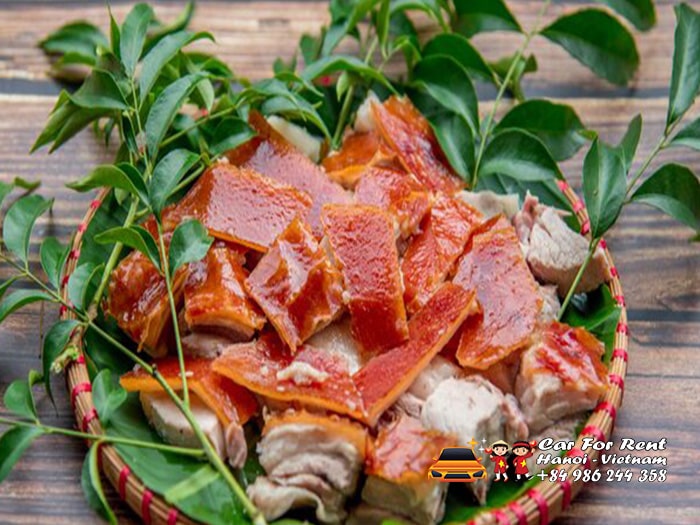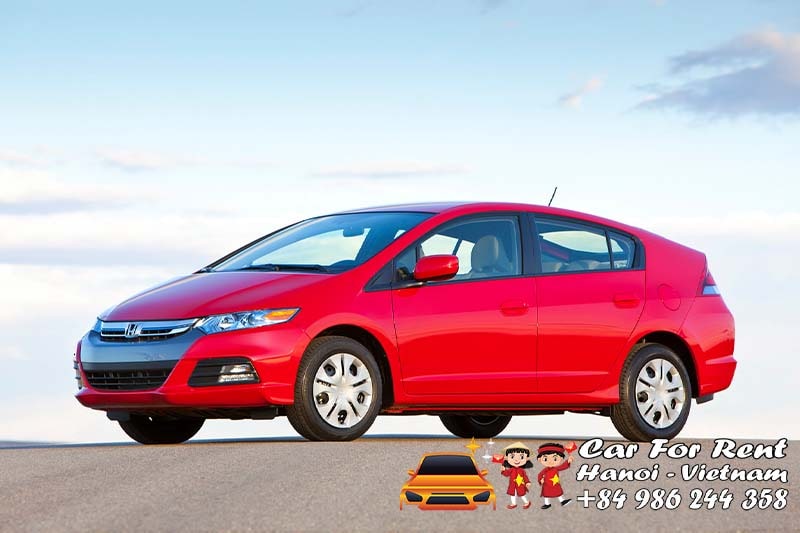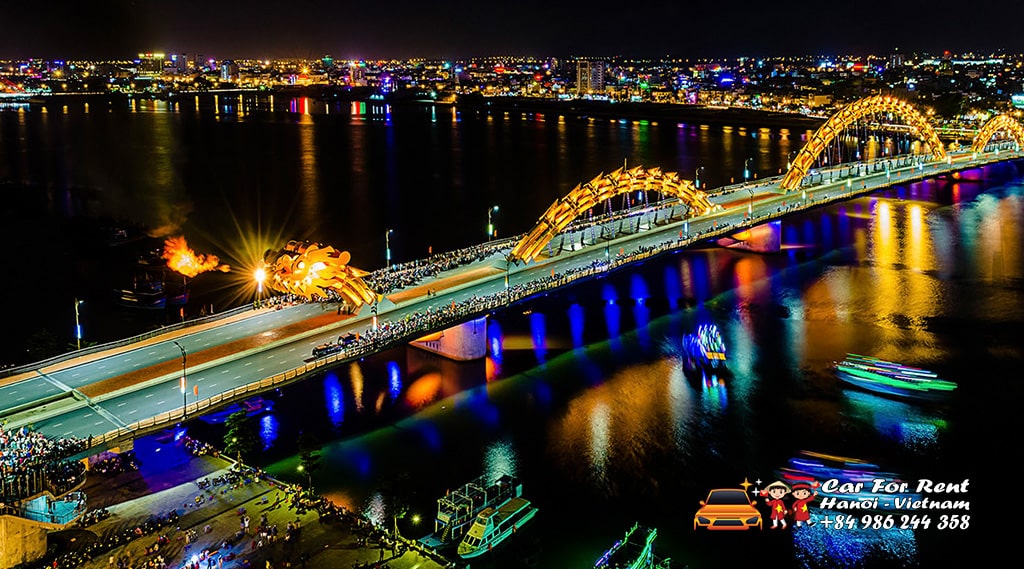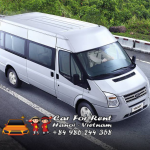vietnam travel currency Vietnam is a beautiful country with rich culture, history, and natural wonders. But before you pack your bags and book your flight, there are some things you need to know about the currency situation in Vietnam. In this blog post, we will answer some of the most common questions that travelers have about Vietnam travel currency, such as:
- What is the currency of Vietnam?
- How much money should I bring to Vietnam?
- Where can I exchange money in Vietnam?
- What are the best ways to pay in Vietnam?
- How can I avoid scams and rip-offs in Vietnam?
What is the currency of Vietnam?
The official currency of Vietnam is the Vietnamese dong (VND). The dong comes in banknotes of various denominations, ranging from 100 VND to 500,000 VND. The most commonly used banknotes are 10,000 VND, 20,000 VND, 50,000 VND, 100,000 VND, and 200,000 VND. There are also coins of 200 VND, 500 VND, 1,000 VND, 2,000 VND, and 5,000 VND, but they are rarely used. vietnam travel currency

The exchange rate of the dong fluctuates daily, but as of May 2023, one US dollar is worth about 23,000 VND. You can check the latest exchange rate on websites like xe.com or Google. vietnam travel currency
How much money should I bring to Vietnam?
The amount of money you need to bring to Vietnam depends on your travel style, budget, and itinerary. Vietnam is generally a very affordable destination, especially compared to other Southeast Asian countries. You can find cheap accommodation, food, transportation, and activities in Vietnam if you know where to look. vietnam travel currency
However, if you prefer more comfort and luxury, or if you want to splurge on some special experiences, you will need to spend more money. Here are some examples of how much things cost in Vietnam (in US dollars):
- A dorm bed in a hostel: $5-$10 per night
- A private room in a budget hotel: $15-$30 per night
- A mid-range hotel: $40-$80 per night
- A luxury hotel: $100-$300 per night
- A street food meal: $1-$3
- A local restaurant meal: $3-$10
- A western restaurant meal: $10-$20
- A coffee or beer: $0.50-$2
- A bus or train ticket: $5-$20
- A domestic flight: $30-$100
- A taxi ride: $0.50-$2 per kilometer
- A motorbike rental: $5-$10 per day
- A city tour: $10-$30 per person
- A day trip to a nearby attraction: $20-$50 per person
- A multi-day tour to a popular destination: $100-$300 per person

As you can see, the prices vary widely depending on what you choose to do and where you go. To give you a rough idea, a backpacker who travels on a shoestring budget can get by with $20-$30 per day in Vietnam. A mid-range traveler who enjoys some comfort and convenience can expect to spend $50-$100 per day. And a high-end traveler who wants to indulge in luxury and exclusivity can easily spend $200-$500 per day or more. vietnam travel currency
Of course, these are just estimates and you can always adjust your spending according to your preferences and needs. The best way to plan your budget is to research the prices of the things you want to do and see in Vietnam, and then add some extra money for emergencies and contingencies. vietnam travel currency
Where can I exchange money in Vietnam?
There are several options for exchanging money in Vietnam, such as:
- Banks: Banks offer the most reliable and secure way to exchange money in Vietnam. They usually have the best exchange rates and charge low or no fees. However, banks may have limited opening hours and may require some paperwork and identification to process your transaction. You can find banks in major cities and towns in Vietnam, especially near tourist areas. vietnam travel currency
- ATMs: ATMs are another convenient and safe way to get cash in Vietnam. You can use your debit or credit card to withdraw money from ATMs, which are widely available in urban areas and some rural areas. However, ATMs may charge high fees for foreign transactions, such as withdrawal fees, conversion fees, and currency exchange fees. You may also face some limitations on the amount of money you can withdraw per day or per transaction. To avoid these fees and limitations, you should check with your bank before you travel and use a card that offers low or no foreign transaction fees. vietnam travel currency
- Money changers: Money changers are private businesses that offer currency exchange services in Vietnam. They are usually located in airports, hotels, shopping malls, markets, and tourist areas. They may offer better exchange rates and faster service than banks, but they may also charge higher fees and commissions. Some money changers may also try to scam you by giving you counterfeit notes, incorrect change, or misleading rates. To avoid these risks, you should only use reputable and licensed money changers, and always count your money and check the rate before and after the exchange. vietnam travel currency

- Online platforms: Online platforms are a relatively new and innovative way to exchange money in Vietnam. They are websites or apps that connect you with local people who want to exchange money with you. You can agree on a rate and a meeting place, and then exchange cash in person. This way, you can avoid the fees and hassles of banks, ATMs, and money changers, and get the best possible rate. However, online platforms may also have some drawbacks, such as security issues, availability issues, and communication issues. You should only use trusted and verified platforms, and always be careful when meeting strangers for money exchange. vietnam travel currency
What are the best ways to pay in Vietnam?
The best way to pay in Vietnam depends on the situation and your preference. Here are some of the most common ways to pay in Vietnam:
- Cash: Cash is king in Vietnam. Most places in Vietnam accept cash as the main or only form of payment. Cash is especially useful for small purchases, such as street food, souvenirs, taxis, etc. You should always carry enough cash with you when you travel in Vietnam, but not too much that it attracts attention or poses a risk of theft or loss. You should also try to have small notes and coins with you, as some vendors may not have change for large notes. vietnam travel currency
- Card: Card is becoming more popular and accepted in Vietnam, especially in big cities and tourist areas. You can use your debit or credit card to pay for hotels, restaurants, shops, tours, etc. However, card may not be accepted in some places, such as rural areas, local markets, etc. You may also face some challenges when using card in Vietnam, such as network issues, compatibility issues, or surcharges. You should always check with the merchant before you pay with card, and always keep your card safe and secure. vietnam travel currency
- Mobile payment: Mobile payment is a new and convenient way to pay in Vietnam. You can use your smartphone to pay for goods and services in Vietnam, using apps like Zalo Pay, Momo, Grab Pay, etc. These apps allow you to link your bank account or card to your phone, and then scan a QR code or enter a phone number to make a payment. Mobile payment is fast, easy, and secure, and it can also offer some discounts and rewards. However, mobile payment may not be widely available or accepted in Vietnam, especially in remote areas or by traditional vendors. You may also need a local phone number and a local bank account or card to use some of these apps. vietnam travel currency
How can I avoid scams and rip-offs in Vietnam?
Vietnam is generally a safe and friendly country for travelers, but like any other destination, it has its share of scams and rip-offs. Some of the most common scams and rip-offs in Vietnam are:
- Taxi scams: Taxi scams are when taxi drivers overcharge you, take you to the wrong destination, use a rigged meter, or claim that they don’t have change. To avoid taxi scams, you should only use reputable and metered taxi companies, such as Mai Linh or Vinasun. You should also agree on the fare or the route before you get in, and always have small notes and coins with you. You can also use online apps like Grab or Gojek to book a ride with a fixed price and a reliable driver. vietnam travel currency

- Shopping scams: Shopping scams are when vendors sell you fake, defective, or overpriced goods, such as souvenirs, clothes, electronics, etc. To avoid shopping scams, you should always bargain and compare prices before you buy anything, and always check the quality and authenticity of the goods. You should also avoid buying from street vendors or touts who may harass you or pressure you into buying something you don’t want or need. vietnam travel currency
- Restaurant scams: Restaurant scams are when restaurants charge you extra fees, add items to your bill, give you low-quality food or drinks, or refuse to give you a menu or a receipt. To avoid restaurant scams, you should always ask for the menu and the price before you order anything, and always check your bill carefully before you pay. You should also avoid eating at places that have no name, no sign, or no customers, as vietnam travel currency
- Tour scams: Tour scams are when tour operators or guides offer you low-quality, overpriced, or fraudulent tours, such as boat tours, trekking tours, motorbike tours, etc. To avoid tour scams, you should always book your tours from reputable and licensed agencies, and always read the reviews and feedback from previous customers. You should also avoid booking tours from street touts or random people who approach you on the street or online. You should also always check the itinerary, the inclusions, and the exclusions of the tour before you pay.
- Currency scams: Currency scams are when someone tries to trick you with the currency exchange rate, the currency denomination, or the currency quality. For example, someone may try to give you a lower exchange rate than the market rate, or give you banknotes of lower value than what you paid for, or give you damaged or counterfeit banknotes. To avoid currency scams, you should always exchange money from official and reliable sources, such as banks, ATMs, or money changers. You should also always check the exchange rate and the banknotes before and after the exchange. You should also familiarize yourself with the Vietnamese dong and its features, such as the color, the size, and the security marks. vietnam travel currency
These are some of the most common scams and rip-offs in Vietnam that you should be aware of and avoid. However, don’t let these scams scare you or ruin your trip. Most Vietnamese people are honest and hospitable, and they will welcome you with open arms. As long as you use your common sense and follow some basic precautions, you will have a wonderful and memorable time in Vietnam. vietnam travel currency
Contact us:
Car For Rent Hanoi VietNam
https://zalo.me/0986244358
Conclusion
Vietnam is a great destination for travelers who want to experience a diverse and vibrant culture, a stunning and varied landscape, and a delicious and diverse cuisine. However, before you travel to Vietnam, you should also know some important information about the currency situation in Vietnam. In this blog post, we have covered some of the most essential topics that you need to know about Vietnam travel currency, such as:
- What is the currency of Vietnam?
- How much money should I bring to Vietnam?
- Where can I exchange money in Vietnam?
- What are the best ways to pay in Vietnam?
- How can I avoid scams and rip-offs in Vietnam?
We hope that this blog post has been helpful and informative for you, and that it will make your trip to Vietnam easier and more enjoyable. If you have any questions or comments, please feel free to leave them below. We would love to hear from you. vietnam travel currency
Thank you for reading and happy travels!👋












